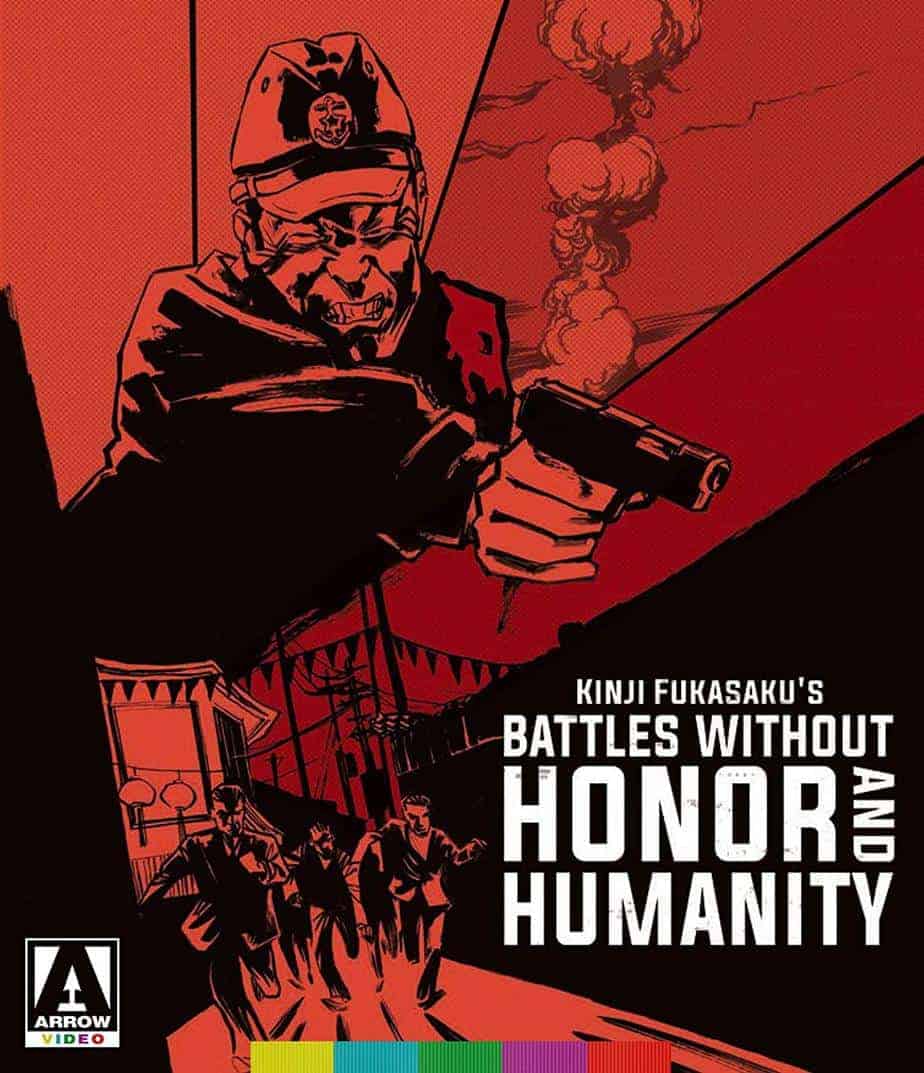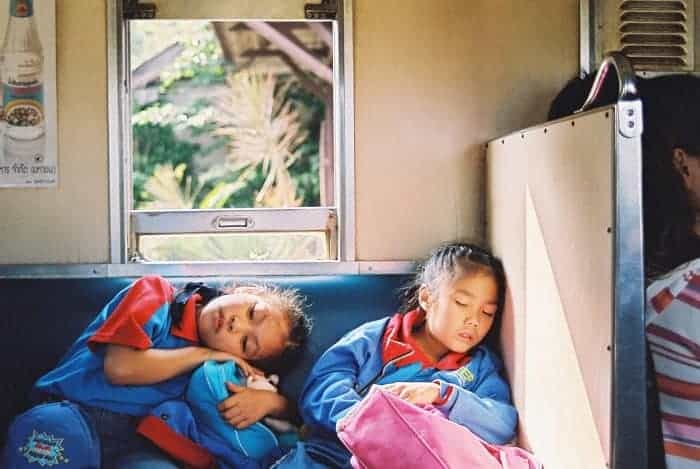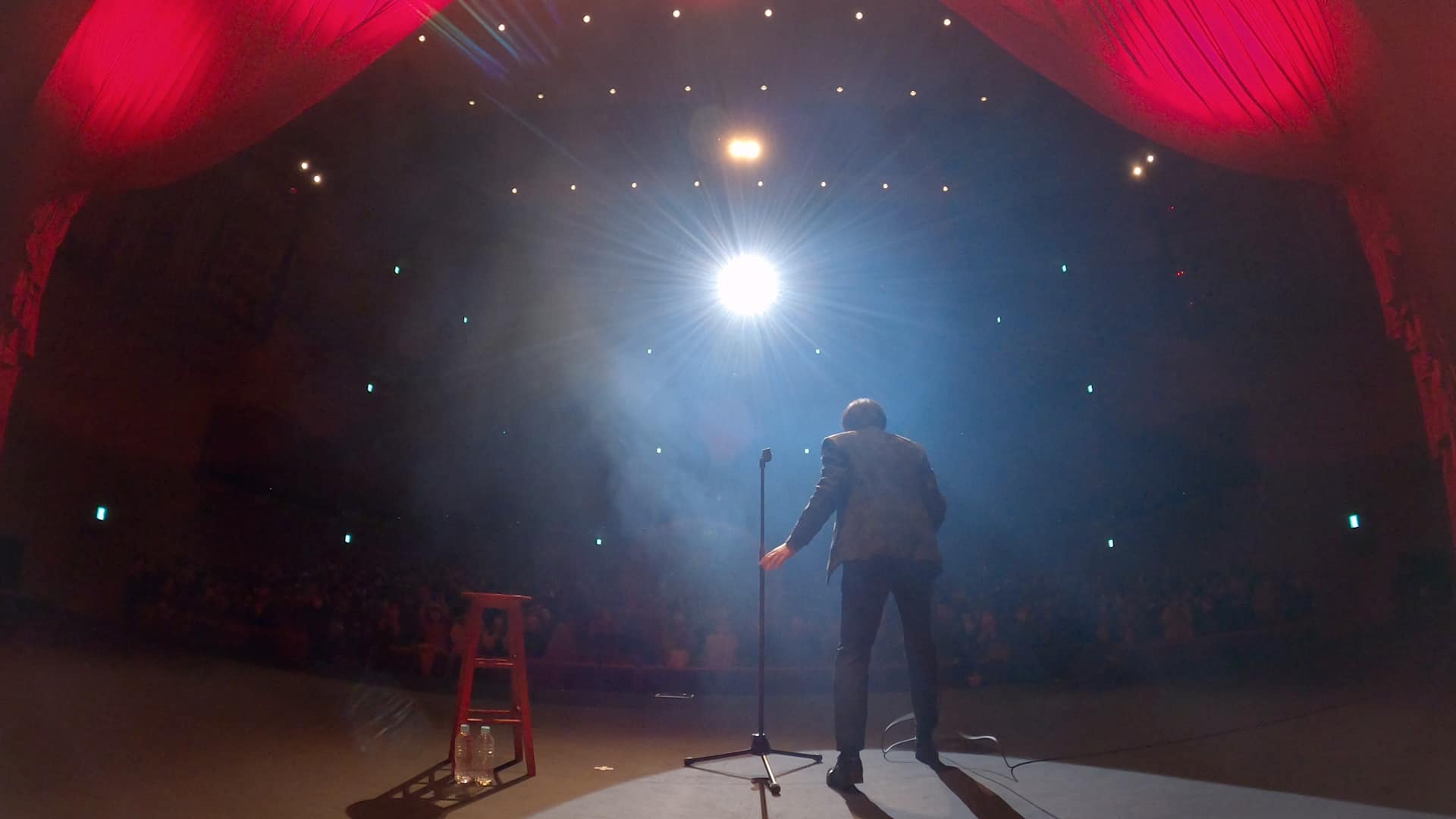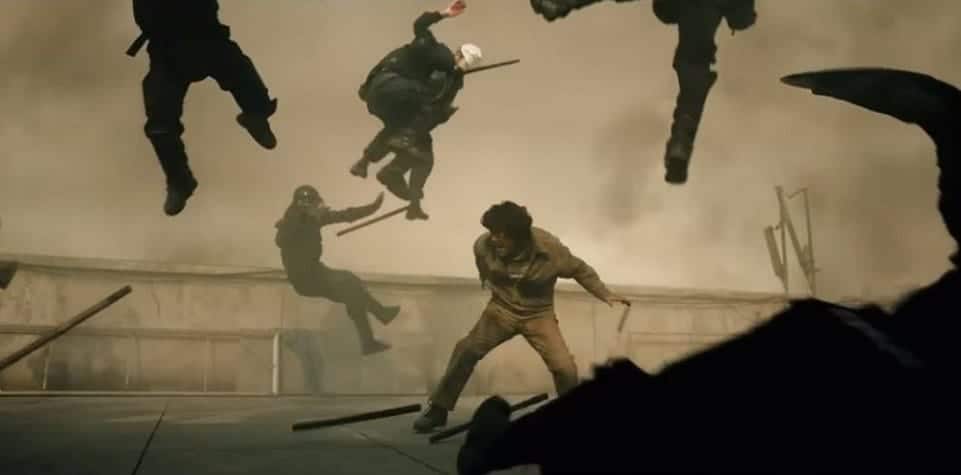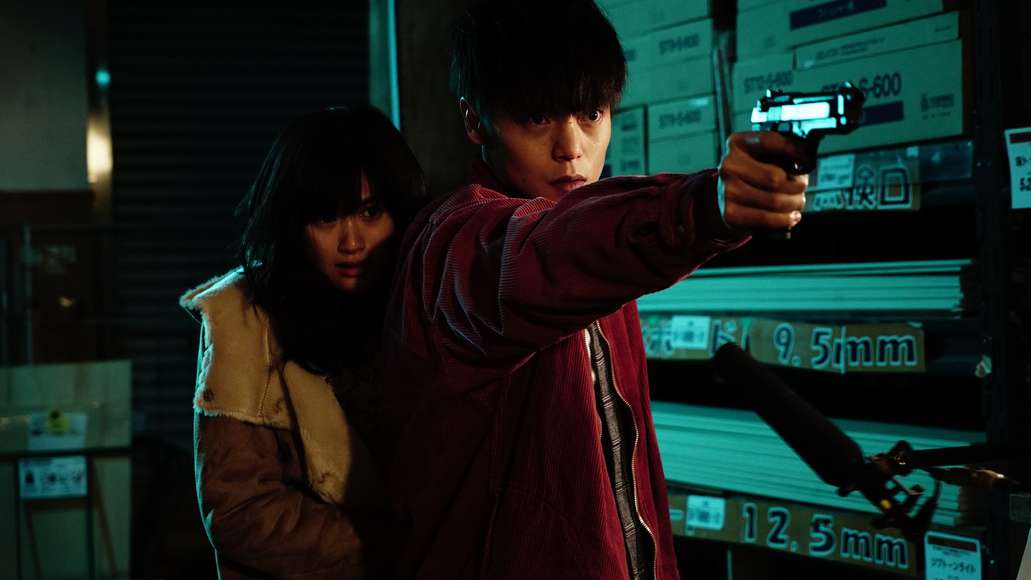As Japan attempted to recuperate from its surrender in 1946, the nation tried to return to some kind of normality. However, especially during the 1960s, normal was nowhere to be seen, with a daily stream of riots, demonstrations and frequent acts of violence shaking the country. Aided by the yakuza, Japan's political right slowly but surely decimated the nation's left wing, exposing not only the true nature of Japan's political caste but also leaving no doubt about the immorality of the yakuza. As author Grady Hendrix writes in her essay “Radioactive Yakuza Mutants Eat Japan” included in the Arrow Video-release of “Battles Without Honor and Humanity”, those were the times a young and aspiring director named Kinji Fukasaku experienced the daily events in his country, live and on the newsreel when he went to the cinema. Naturally, as he was planning to shoot his first films, he adopted the visual style of this footage he saw, adding a sense of realism to the stories he was about to tell and which would make his name famous.
Buy This Title
Perhaps one of the most famous movies he directed was “Battles Without Honor and Humanity”, a film based on the fictional account of the life of a real-time yakuza, written by Koichi Iboshi. In the first movie of the series, the audience is introduced to the character of Shozo Hirono (Bunta Sugawara), a young man who fought in the war and now, like so many of his former comrades, roams the streets of Japan trying to make ends meet. When he kills a yakuza out of loyalty to his friends, he is sentenced to jail, where he becomes the sworn brother to Hiroshi Wakasugi (Tatsuo Umemiya), a member of the influential Dio family.
Upon his release, Hirono becomes a member of the Yamamori family together with many of his friends. However, as the years move on and the influence of the yakuza can be felt even within the political leaders of the country, a small favor for a congressman starts a chain of events which may escalate into a gang war. As his loyalty and principles are repeatedly tested, Hirono becomes disillusioned with the code and the hierarchy of the gangsters, a system which devours the weak, that is corrupt to the core and changes former friends until they are unrecognizable.

Even though this is only the first installment of a series of movies, by the end you will certainly feel like you have seen many hours of film rather than the actual 99 minutes. What makes the “Battles Without Honor and Humanity”-movies at times quite challenging is keeping track of numerous plotlines and characters introduced only in the first couple of minutes. While Sugawara's character may be put in the center of the story, a large part of it focuses on a feud between two captains within the Yamamori family, making other characters, some of them seemingly minor at first, just as relevant as he is for the greater picture unfolding within the plot. At the same time Hirono, a character who will also be featured in the other films of the series, becomes a much needed outsider to this hierarchy, an increasingly corrupt one following a hollow code.
Similar to his visual approach in his 1972 film “Street Mobster” Fukasaku employs a style reminiscent of aforementioned news footage. Following events taking place within the years of 1946 to 1956, the film recounts various stages of Japanese history, starting with a brief collage of images featuring the nuclear attacks on Hiroshima, the fallout and the years of hardship following the surrender in 1946. The added voice-commentary over some scenes emphasizes the kind of realism the director aims for, also represented in the hand-held sequences shot by DOP Sadaji Yoshida. Apart from this effect, this approach to the storytelling gives the images and the characters a sense of urgency, a distinct rawness unlike other gangster movies. Especially in the presentation of violence, Fukasaku refrains from glorifying those events, rather stressing the increasingly brutal, dog-eat-dog world these men have built over the years.
While there are many actors to point out withhin the film's huge ensemble, apart from Sugawara and Umemiya, perhaps one should mention Hiroki Matsukata who plays the role of Tetsuya Sakai, one of Hirono's comrades and sworn brothers. Especially in the performance of these actors, you can witness the kind of corroding effect power, violence and money has on people, brothers and former believers in some kind of code. The growing sense of disgust and disappointment displayed best in the final moments of the film in the performance of Sugawara quite eloquently sums up what the title of the film is about, since humanity and honor are really nowhere to be found, or have been replaced by greed and bloodlust.
To this day, “Battles Without Honor and Humanity” remains a powerful entry within the genre of yakuza-films, or rather gangster movies as a whole. Director Kinji Fukasaku has managed to create a gritty, cynical and sobering portrayal of the yakuza in post war Japan, which, in many ways reflects the kind of moral corruption within its political leaders.



